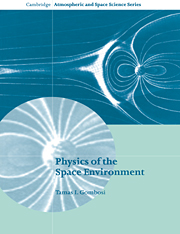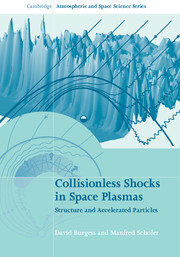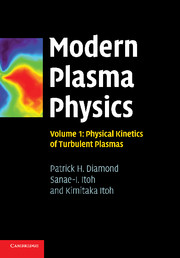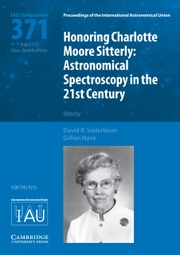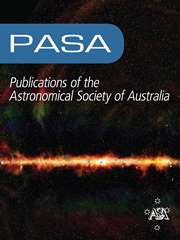Physics of Space Plasma Activity
Space plasma is so hot that the atoms break up into charged particles which then become trapped and stored in magnetic fields. When critical conditions are reached the magnetic field breaks up, releasing a large amount of energy and causing dramatic phenomena. The largest space plasma activity events observed in the solar system occur on the Sun, when coronal mass ejections expel several billion tons of plasma mass into space. This book provides a coherent and detailed treatment of the physical background of large plasma eruptions in space. It provides the background necessary for dealing with space plasma activity, and allows the reader to reach a deeper understanding of this fascinating natural event. The book employs both fluid and kinetic models, and discusses the applications to magnetospheric and solar activity. This will form an interesting reference for graduate students and academic researchers in the fields of astrophysics and plasma physics.
- Defines space plasma activity as a separate entity within space plasma physics, which provides the reader with a fairly complete and coherent picture
- Provides readers with the basic knowledge necessary for doing active research in the field
- Separates applications from theoretical developments
Reviews & endorsements
"...a very worthwhile work that coherently draws together a substantial body of research literature. It can be thoroughly recommended to those of a theoretical inclination for its rigorous but clear and physically-motivated treatment of a topic of central importance to the physics of large-scale plasmas in our Solar System, and most probably those beyond." --The Observatory
Product details
May 2010Paperback
9780521142366
524 pages
244 × 170 × 27 mm
0.83kg
Available
Table of Contents
- Preface
- 1. Introduction
- Part I. Setting the Scene:
- 2. Sites of activity
- 3. Plasma models
- Part II. Quiescence:
- 4. Introduction
- 5. Magnetohydrodynamic states
- 6. Particle picture of steady states
- 7. A unified theory of steady states
- 8. Quasi-static evolution and thin current sheets (TCS)
- Part III. Dynamics:
- 9. Nonideal effects
- 10. Selected macroinstabilities
- 11. Magnetic reconnection
- 12. Aspects of bifurcation and nonlinear dynamics
- Part IV. Applications:
- 13. Magnetospheric activity
- 14. Models of solar activity
- 15. Discussion
- Appendix 1. Unified theory: details and derivations
- Appendix 2. Variational principle for collisionless plasmas
- Appendix 3. Symbols and fundamental constants
- References
- Index.


